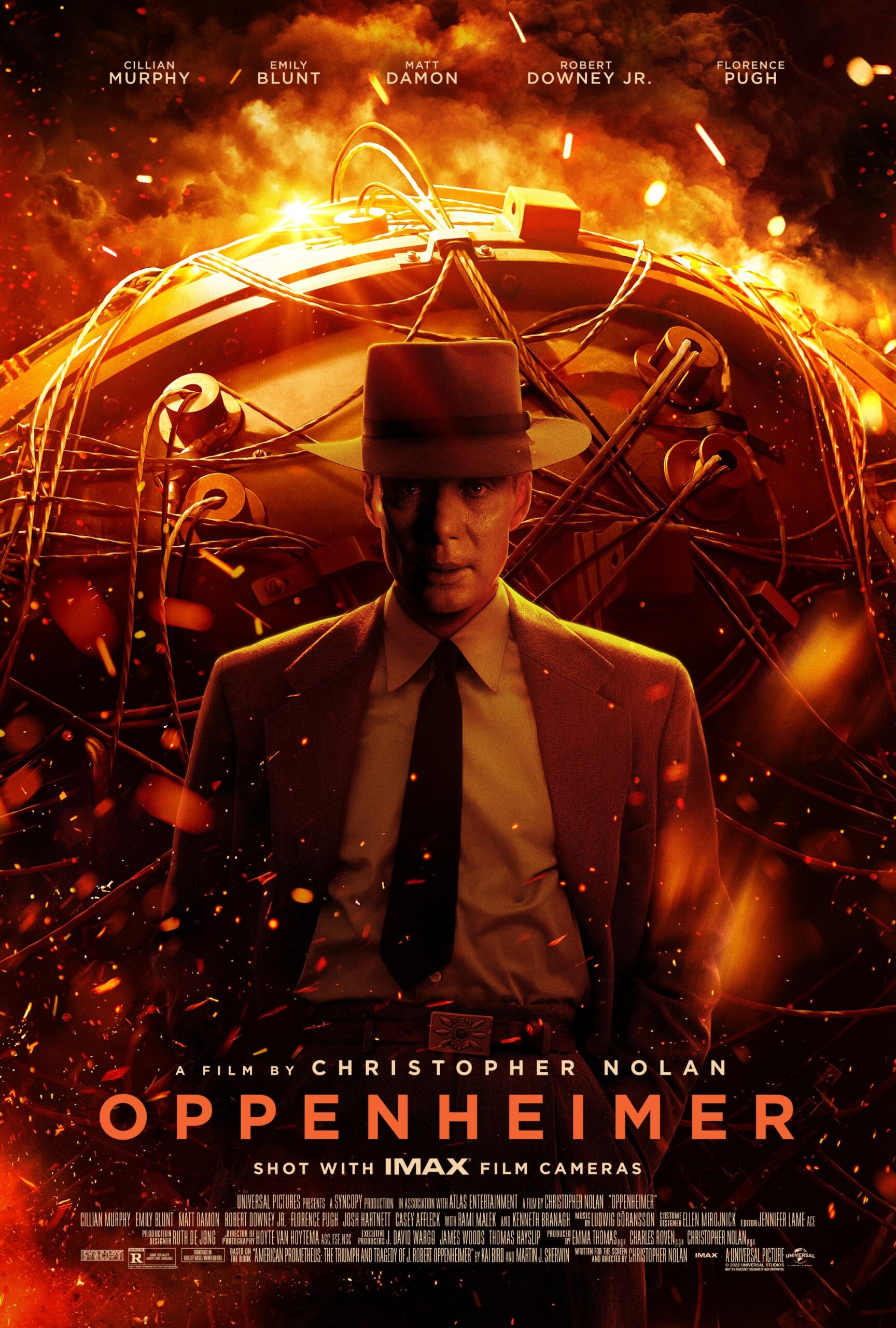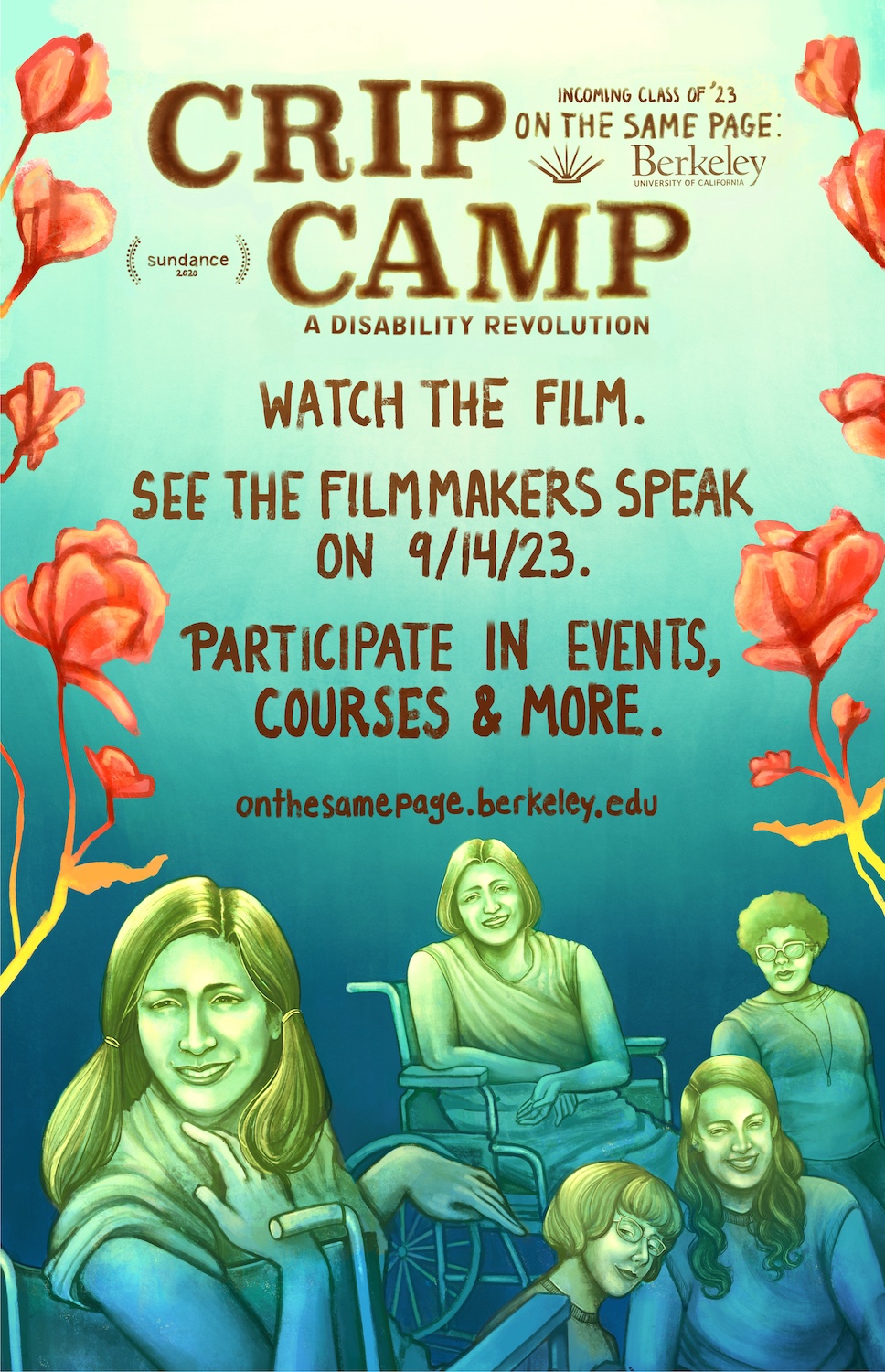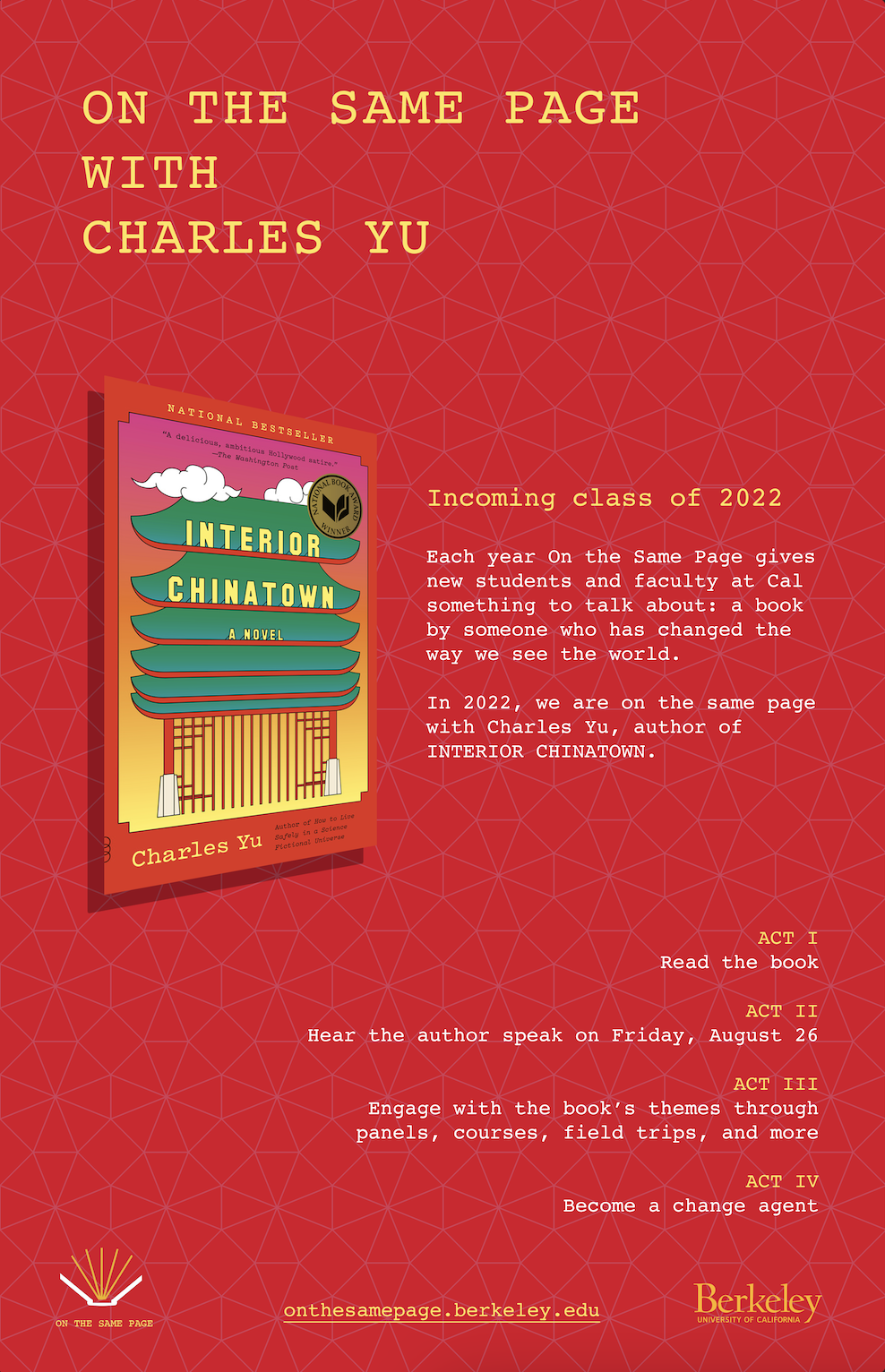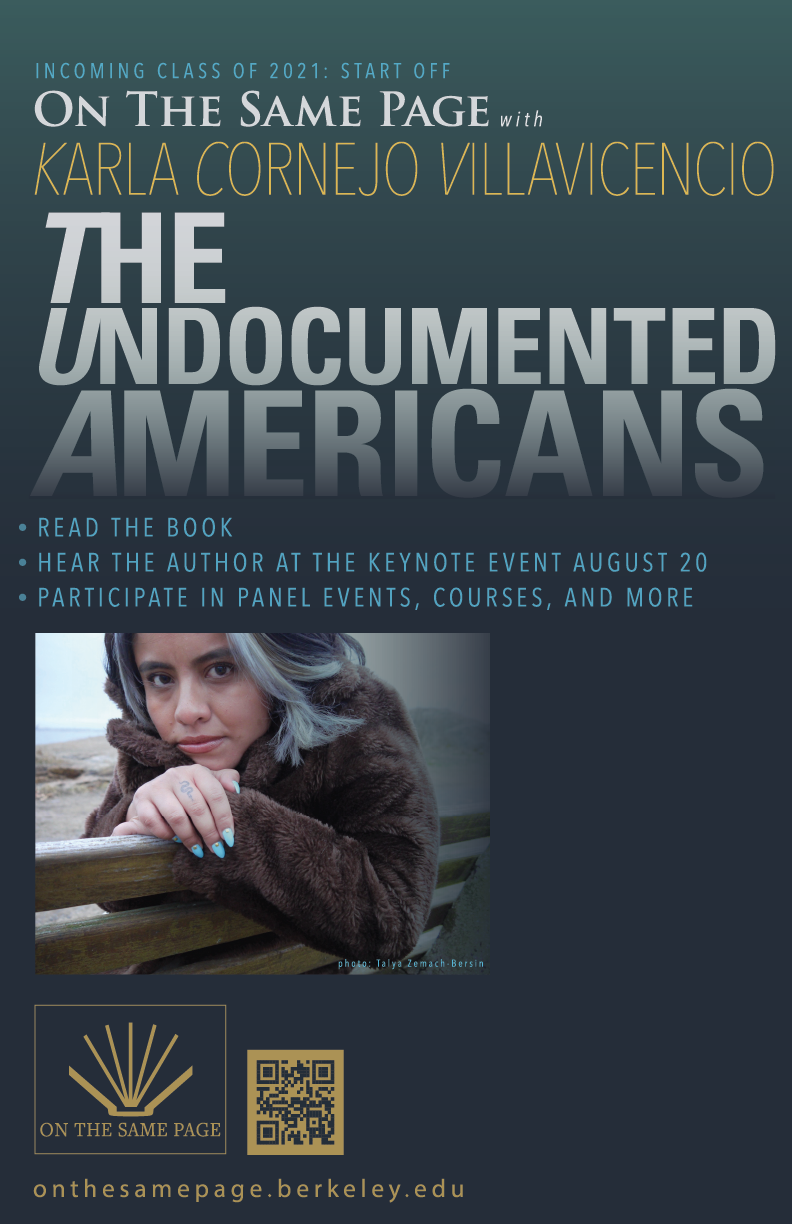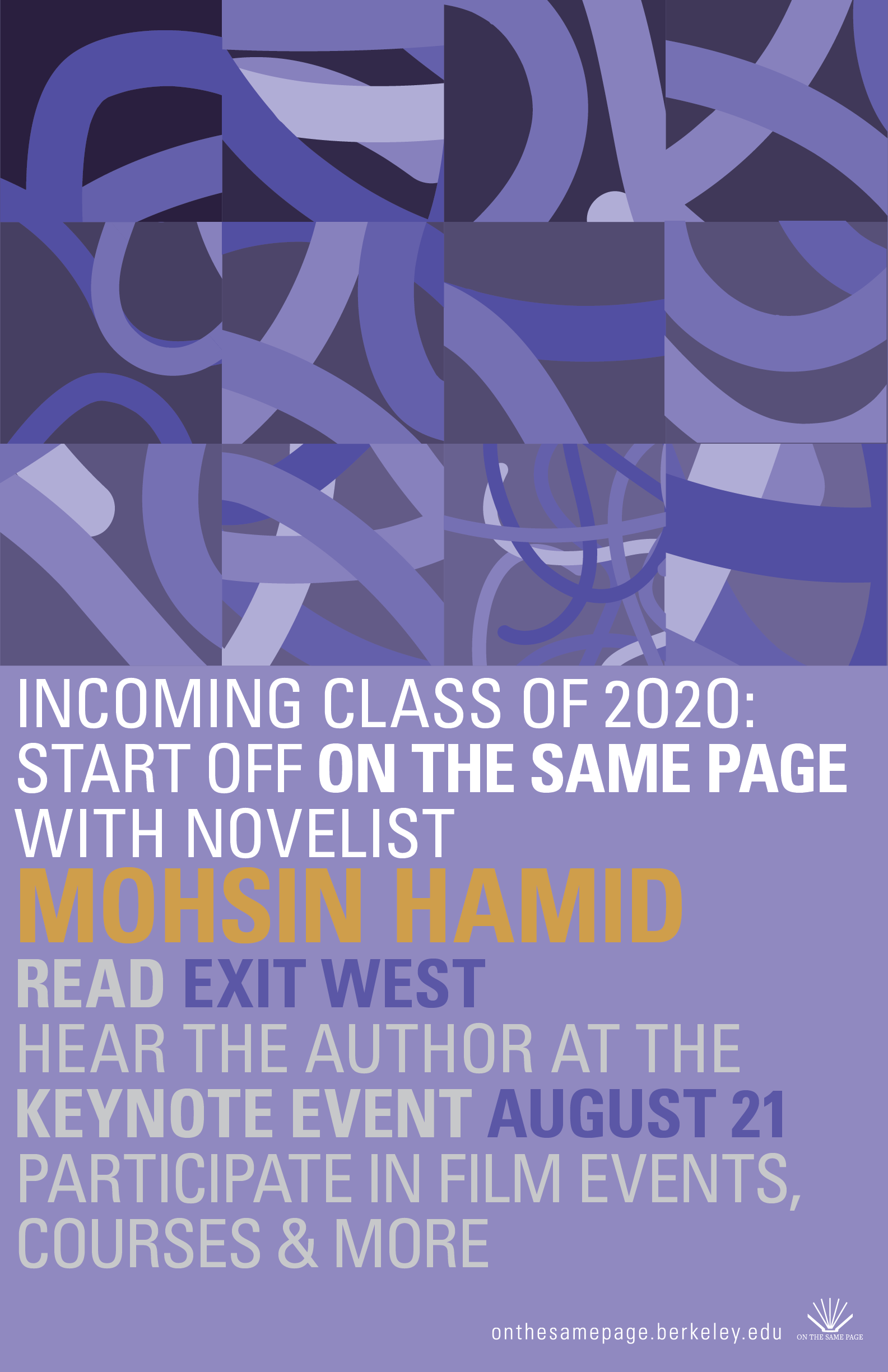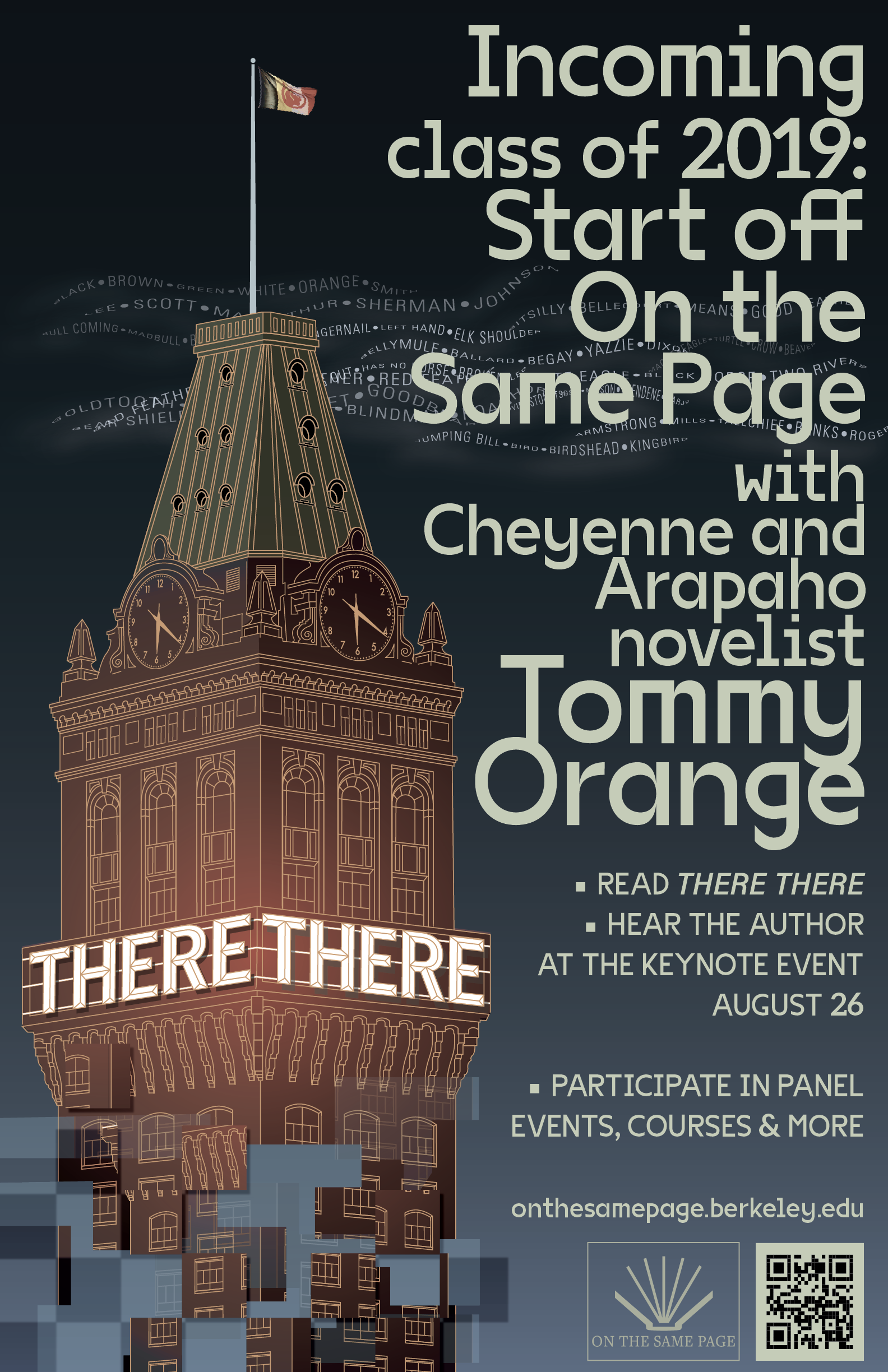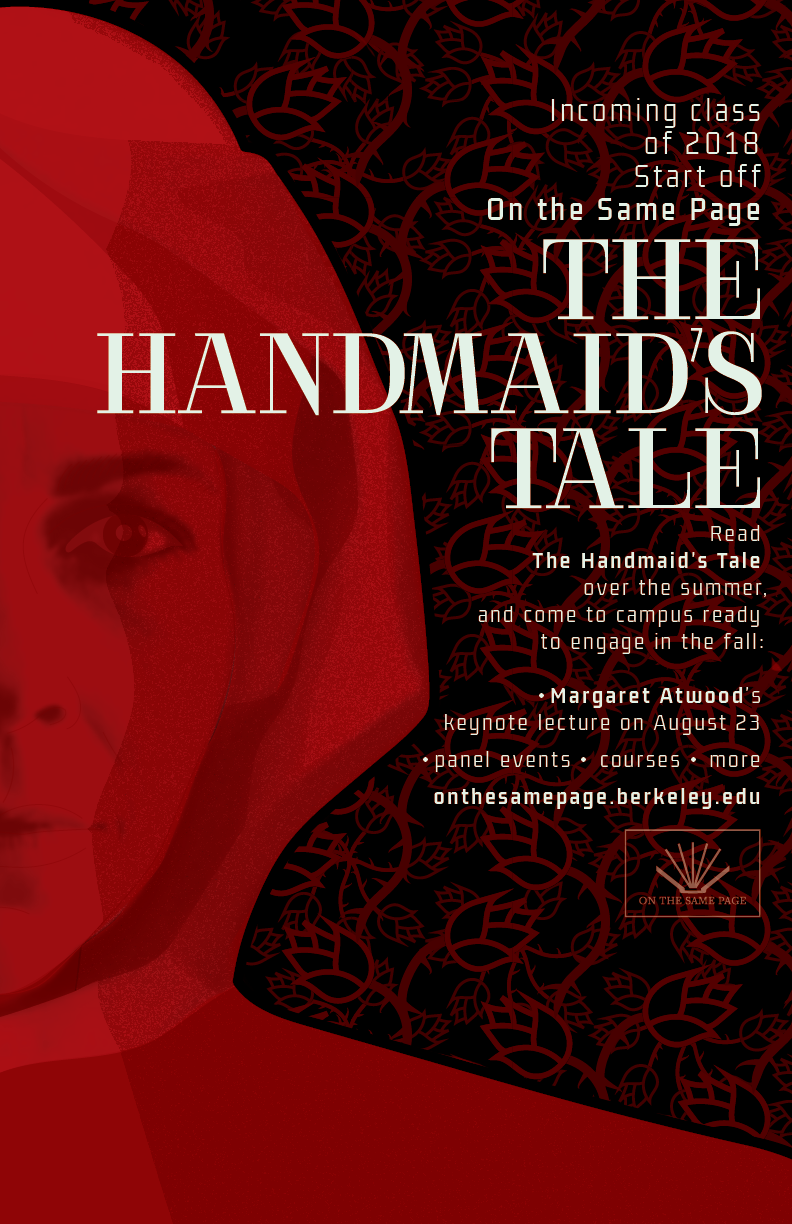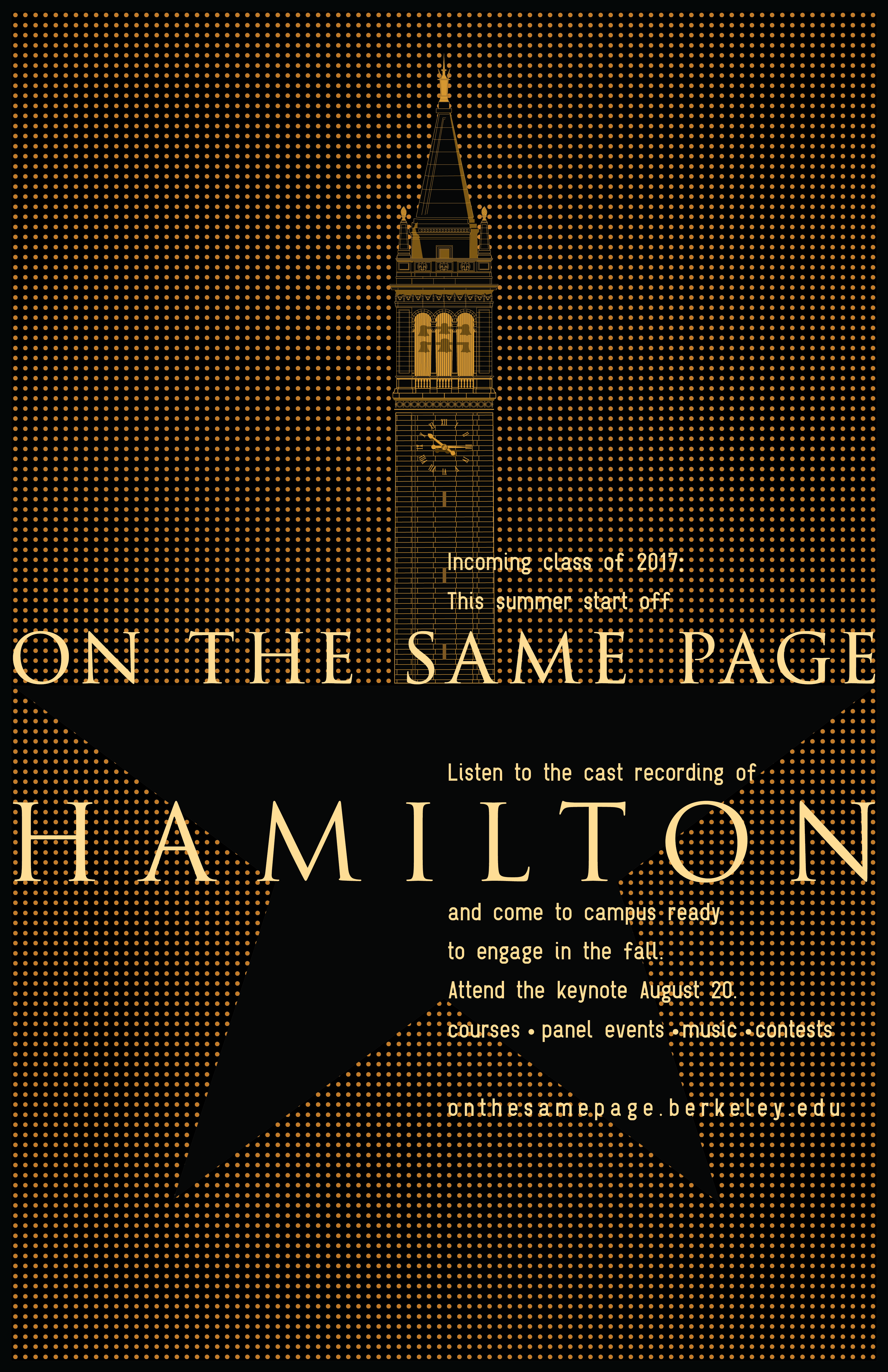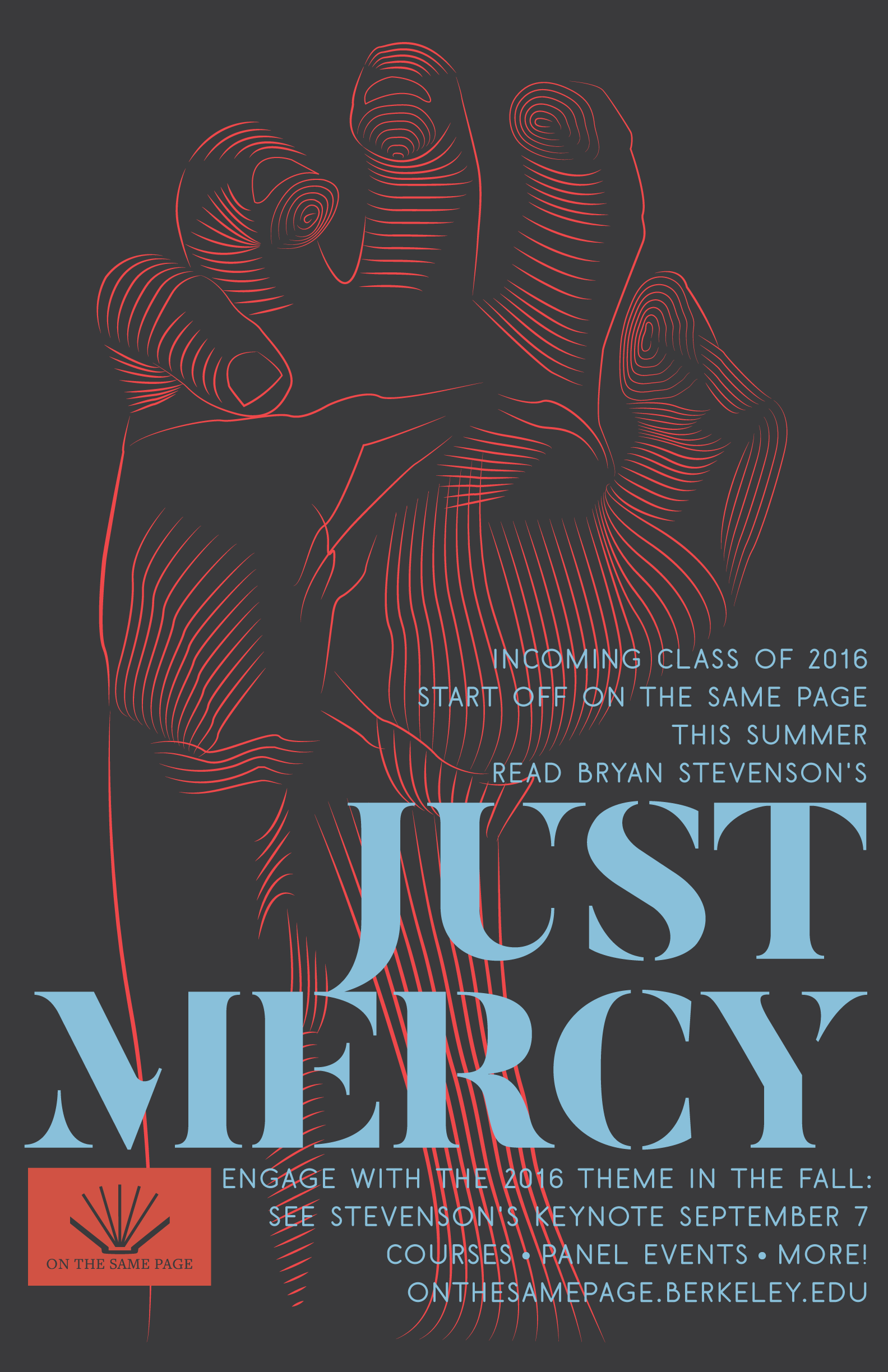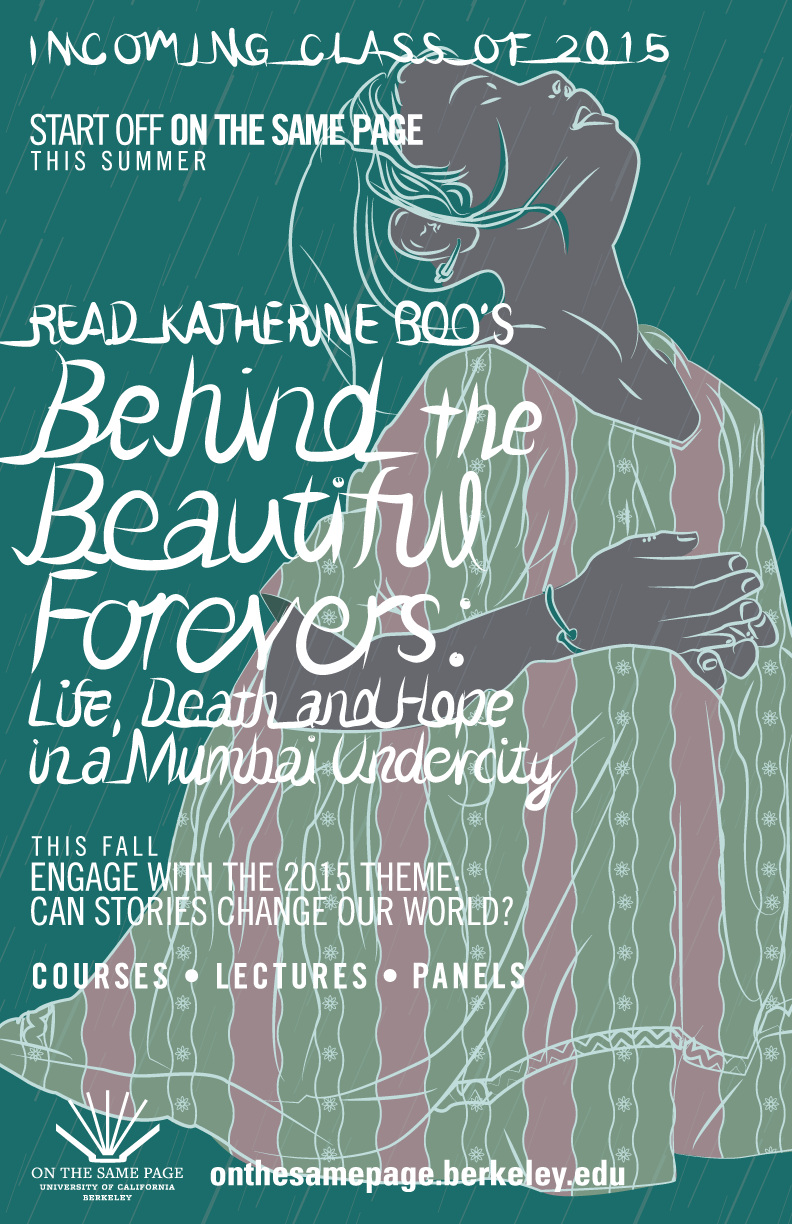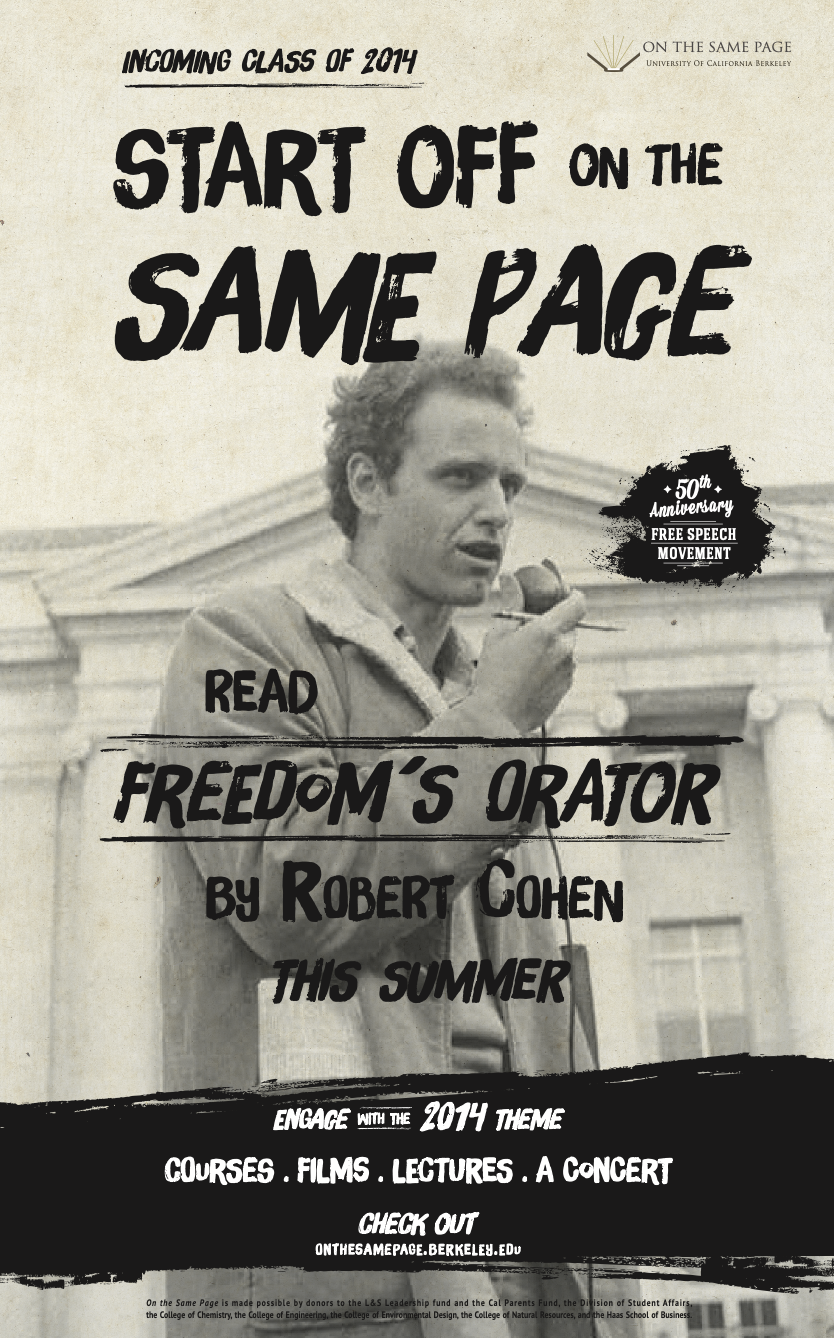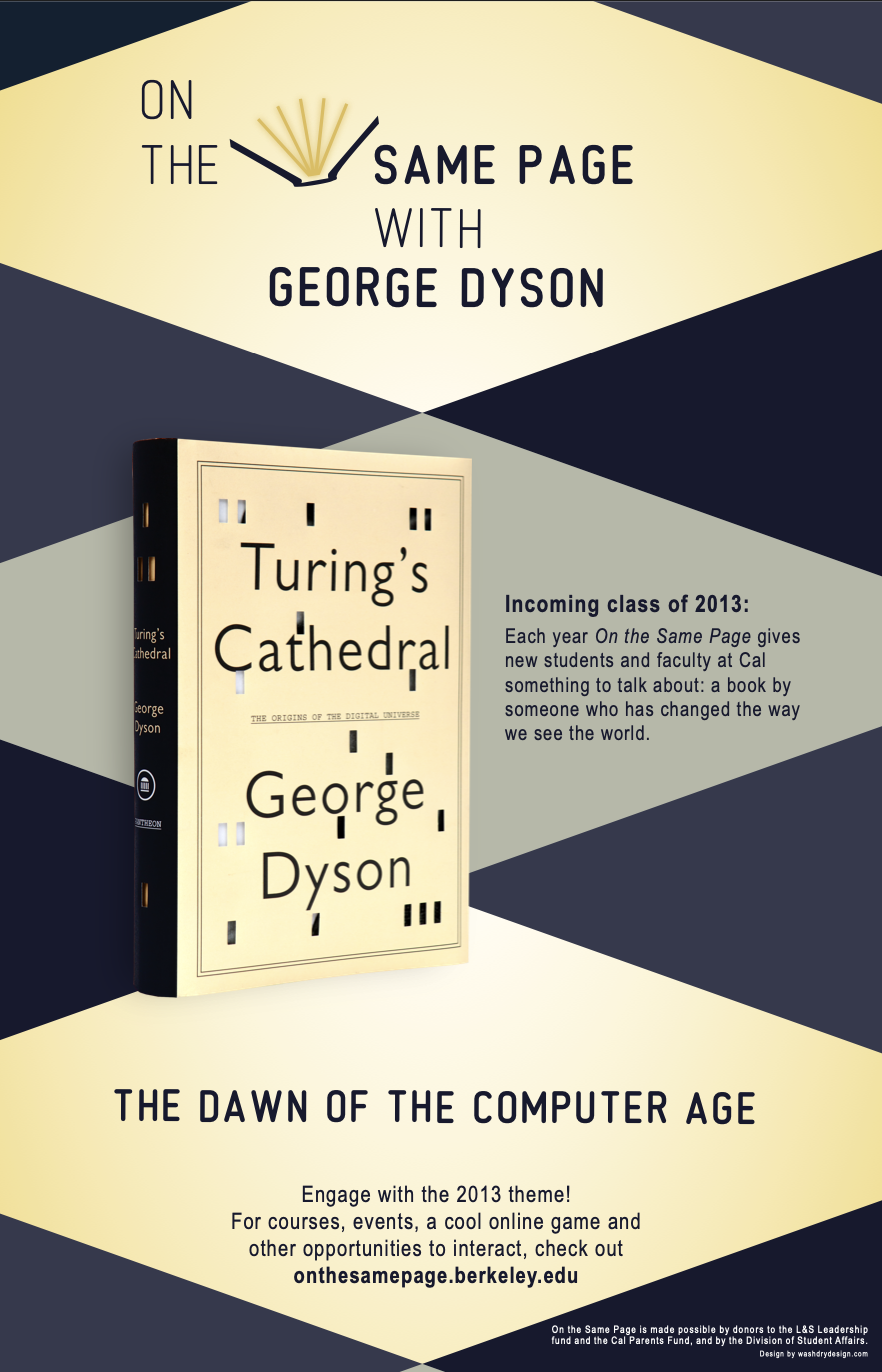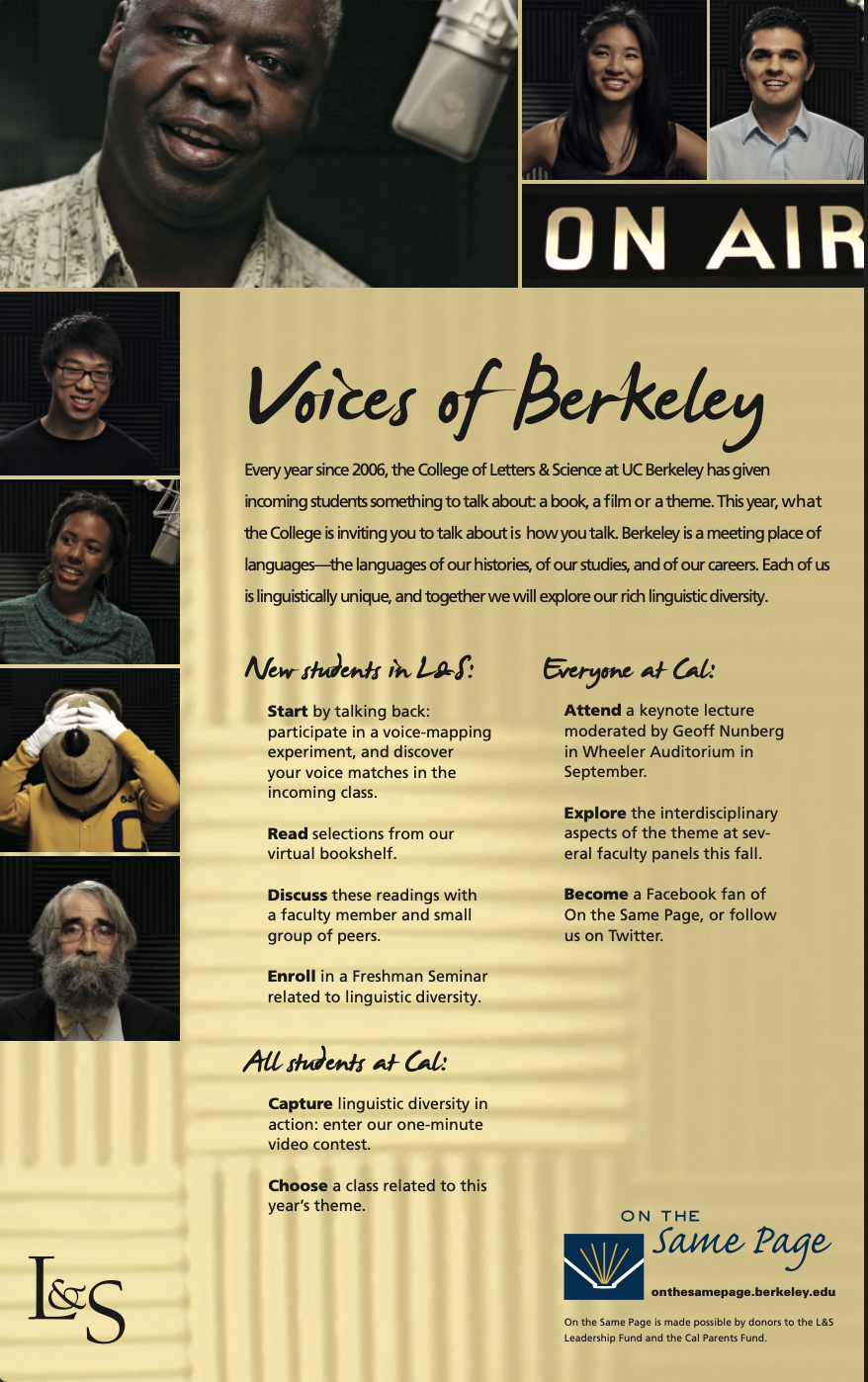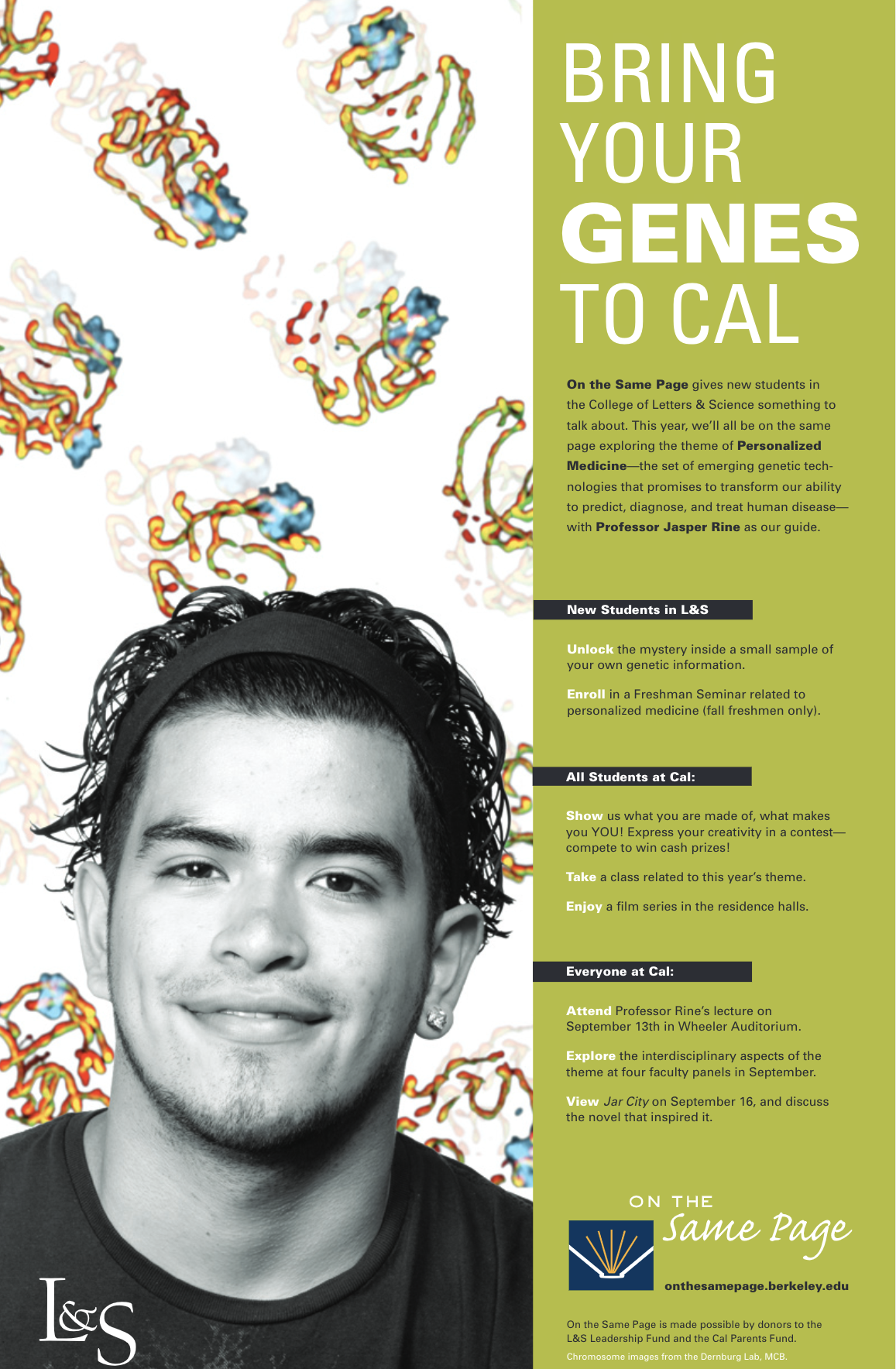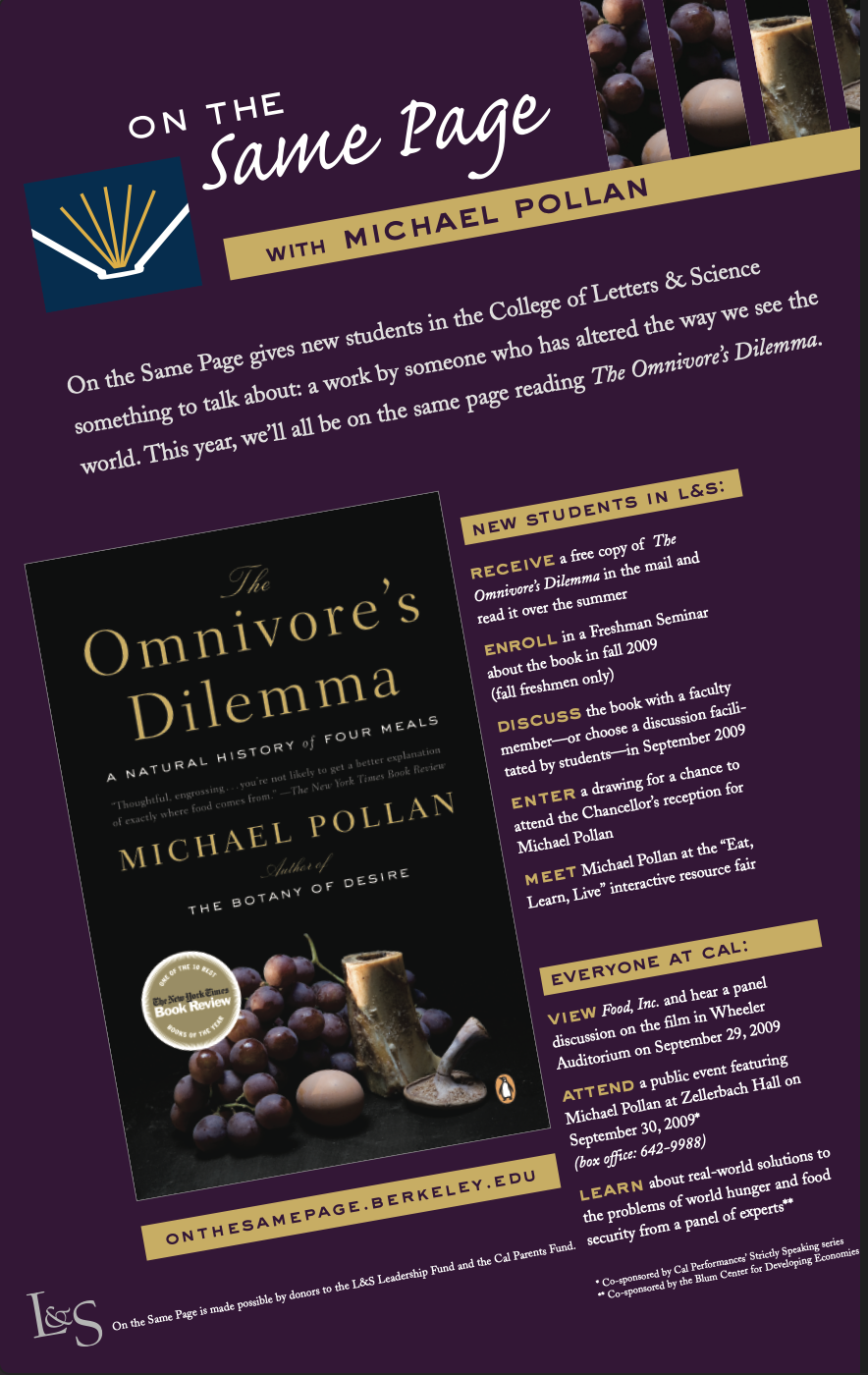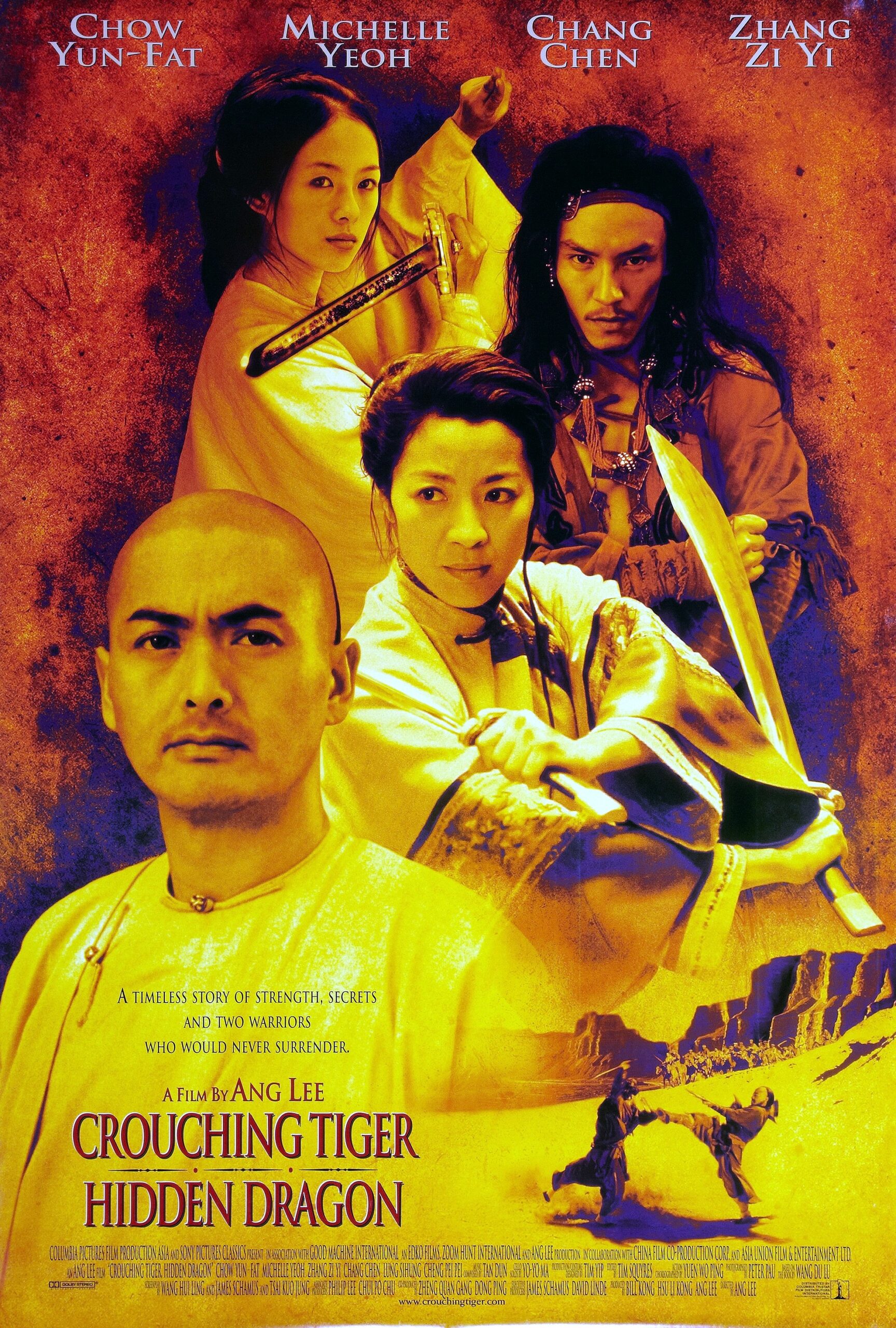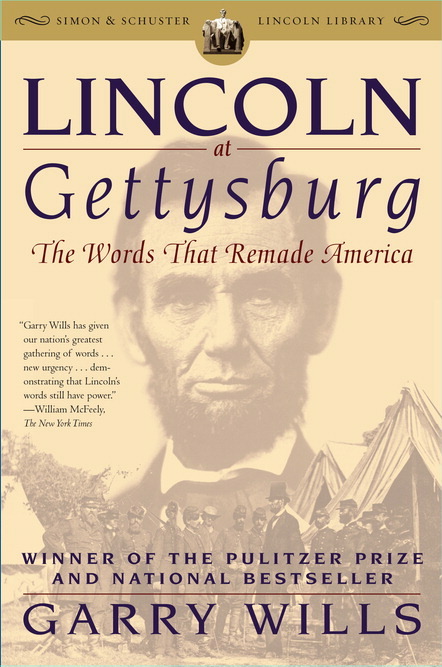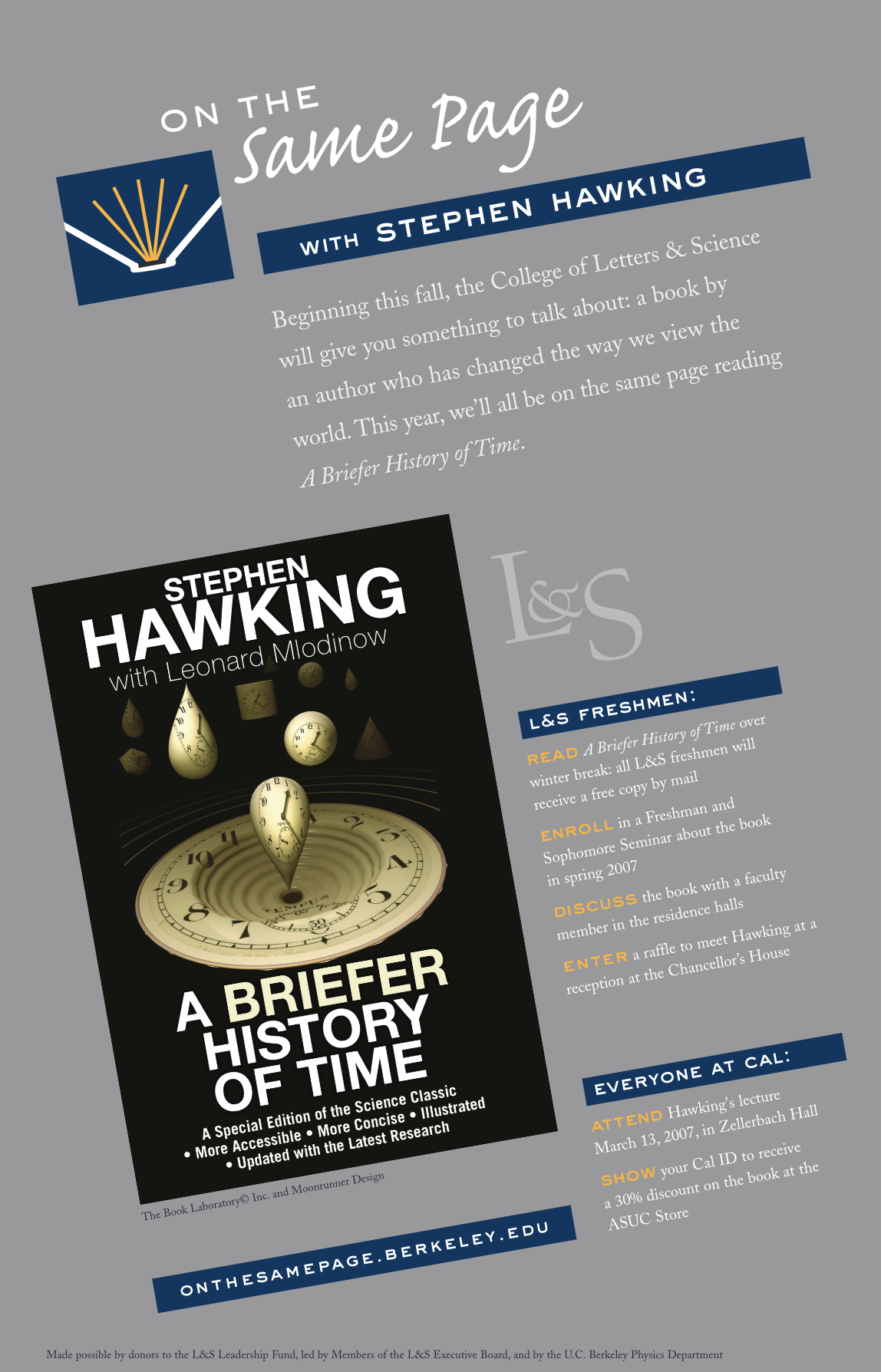Since 2006, the On the Same Page program has given our UC Berkeley community something in common to talk about: a book by an author who has changed the way we view the world.
Fall 2024
Oppenheimer (dir. Christopher Nolan)
Christopher Nolan’s Academy Award–winning film follows the spectacular rise and fall of J. Robert Oppenheimer’s career, beginning in the fall of 1929 when he arrived at Berkeley as an assistant professor in the physics department at the age of 25. The years he spent at Berkeley were a defining moment for the young professor and future father of the atomic bomb: here, he met close friends and collaborators, established his reputation as a charismatic public intellectual, and began his political awakening. Our student reviewers were “fascinated by the questions the film raises about the value of technology” and “the role of academia in war.” Oppenheimer will change the way you see and think about UC Berkeley and our campus’s place in history and the world.
Fall 2023
Crip Camp: A Disability Revolution (dir. Nicole Newnham and Jim LeBrecht)
Following a group of disabled teenagers from Camp Jened in New York to Berkeley, California in the 1970s, this exuberant documentary chronicles a turning point in the disability rights movement and the fight for accessibility. Our student reviewers described the documentary as “incredible,” “moving,” “full of fun, joy, and love,” and something that “everyone should see.” One student reviewer appreciated the documentary’s portrayal of “disabled-centered happiness and accomplishments, one of the many ways it changed my perspective.” Crip Camp reminds us of the power of community and activism to change the world.
Fall 2022
Interior Chinatown by Charles Yu
In this genre-bending book, all the world’s a stage, and all the people merely players. Some have named starring roles. Others are limited to nonspeaking background roles such as Ethnic Recurring, Generic Asian Man Number Three, and Delivery Guy. Such are the roles available to our protagonist, Willis Wu, whose highest aspiration is to become Kung Fu Guy in the long-running television series Black and White. By the end of the book, Willis comes to recognize the invisible, historical forces circumscribing his world, and struggles with what it would mean to break free and go off-script—to understand “How to feel, how to be yourself. Not how to perform or act. How to be”—and invites us to do the same. One of our student reviewers praised Interior Chinatown for its “unique and compelling examination of Asian-American identity and media representation.” Another student reviewer described the book as “storytelling like I have never seen or read before.” Exploring an American history of immigration, marginalization, assimilation, racism, and mass media, Interior Chinatown asks, “Who gets to be an American? What does an American look like?”
Fall 2021
The Undocumented Americans by Karla Cornejo Villavicencio
In this remarkable book—part memoir, part journalism, part creative non-fiction—Karla Cornejo Villavicencio, herself undocumented, opens our eyes to what is right in front of us, but which we have been unable to see clearly up until now. She brings us into the lives of her family and other undocumented people in the United States, focusing not on a model-minority, soft-focus Dreamer narrative, but on the complex, real lives of undocumented people, who entrusted her with their stories, perhaps in part because of her own honesty and vulnerability. The student reviewers for the On the Same Page program were blown away by this book, and you will be, too.
Fall 2020
Exit West by Mohsin Hamid
What if there were secret doors connecting your country to others? What if we stopped guarding those doors? Exit West by Mohsin Hamid tells the story of two independent people, Nadia and Saeed, who make a connection in night school and fall in love. But their city descends into war, and soon they find themselves passing through one of the secret doors. Their story is about what it feels like to be uprooted and forced to “exit” your home to face the unknown. Will their connection survive in these new circumstances? Set against the backdrop of migrant lives and guided by compassionate intelligence, this beautiful novel inspires big thinking about what it means to be a global citizen.
Fall 2019
There There by Tommy Orange
The title of Tommy Orange’s novel, There There, references Gertrude Stein’s famous dismissal of Oakland: “there is no there there.” In so doing, Orange recasts Oakland as a destination; it’s not a place of departure but one of belonging and complicated affiliation for his sprawling cast of Native American characters. Indeed, Oakland draws with centripetal force an extended family to its core for a much-anticipated pow-wow, revealing a gritty, beautiful, and disturbing urban Indian landscape. The compelling characters and vivid descriptions reveal a profoundly different there there that will change the way readers see and think about Oakland, its people, its history, and its possible futures.
Fall 2018
The Handmaid’s Tale by Margaret Atwood
This remarkable novel is at once a classic and all too contemporary in its themes and concerns. It reminds us that humankind’s darkest moments (past, present, or future) inspire the most courageous acts of resistance. Prepare to be inspired to create the light you want to see in the world.
Fall 2017
Hamilton (Original Broadway Cast Recording)
The cast album for Lin-Manuel Miranda’s musical version of the story of Alexander Hamilton, whose contributions still echo today in government, business, and even in how news is reported. It’s told through the eyes of people experiencing the American Revolution as they try to shape it to their own desires from their own perspectives. Besides giving a new spin to history, the musical brings forward questions of enduring importance: the role of individuals in bringing about social and political change; equality and opportunity in a land shaped by immigrants; the importance of family versus accomplishment; and basic questions about American democracy. The musical itself has shaped political and artistic discussions about what musical theater looks like in the 21st century. Who ever thought we’d see an Oakland rapper playing Thomas Jefferson on Broadway? Or a George Washington who is not white? Why didn’t we expect rap as show tunes?
Fall 2016
Just Mercy: A Story of Justice and Redemption by Bryan Stevenson
Passion, commitment, justice, brutality, the defense of the condemned. In Just Mercy, Bryan Stevenson—he’s been called America’s Nelson Mandela, America’s Atticus Finch—sears the reader in his telling of his fight as a young lawyer for social justice on behalf of the poor and the disadvantaged. Just Mercy grips you like the best of novels, bringing you into the lives of the most desperate of people caught in systems of imperfect justice. Stevenson makes us despair that just mercy is beyond our reach, but fills us with glimmers of hope that it is also always within our grasp. Just Mercy is about human suffering and guilt, about the morality of punishment, about poverty and the law, and about the possibilities for heroic action in an imperfect world.
Fall 2015
Behind the Beautiful Forevers: Life, Death, and Hope in a Mumbai Undercity by Katherine Boo
Reading Katherine Boo’s National Book Award winning Behind the Beautiful Forevers leaves one’s mind and heart shaken and changed. Her thick and intense description of people striving to survive a makeshift settlement in the shadow of luxury hotels near the Mumbai airport in India reads like a gripping novel that is all too real in its tale of poverty and depredation, of human frailty and strength. On every page you’ll find the makings of a tragedy but also glimmers of possibilities for surviving tragedy. And on every page you’ll learn from Boo’s unsentimental empathy and insight how to think with respect about the hard and complex condition of life under terrible stress. You’ll leave the book equipped with her deep insights into how people survive alongside one another in an era and place of tumultuous change. And you’ll leave amazed at the writer’s commitment to getting the story right by living within it and rendering it in pitch perfect prose.
Fall 2014
Freedoms’ Orator: Mario Savio and the Radical Legacy of the 1960s by Robert Cohen
The Berkeley Free Speech Movement, which took place in 1964, began an era of student protest and activism, following on from the earlier struggles of the civil-rights movement, and leading up to the protests against the Vietnam war. In 2014, the Berkeley campus celebrated the 50th anniversary of this movement. Freedom’s Orator: Mario Savio and the Radical Legacy of the 1960s by Robert Cohen is a gripping account of the Free Speech Movement and the role of the student leader Mario Savio in that movement. Growing up in a working-class Catholic family, Savio struggled with a stammer, but he overcame his stammer to become a passionate and eloquent orator who led the Free Speech Movement in its struggle for political and academic freedom. Cohen tells the story of how Savio became a committed activist as the result of his experiences registering black voters in Mississippi during the Freedom Summer of 1964, and goes on to give a blow-by-blow account of the Free Speech Movement, its struggles and its final success. Cohen’s book is both a biography of a remarkable individual and an account of a pivotal moment in Berkeley’s history. The book tells the compelling story of a new student—like you—who changed the course of history not only at Berkeley but across the nation. This work was chosen to appeal to students—and faculty—from across the disciplines. What could be more intriguing than this pivotal moment in our history?
Fall 2013
Turing’s Cathedral: The Origins of the Digital Universe by George Dyson
George Dyson’s book Turing’s Cathedral describes the strange and remarkable history of the creation of the digital electronic computer. This work was chosen to appeal to students—and faculty—from across the disciplines. What could be more intriguing than the birth and explosion of the digital universe, and the amazing historical context in which it occurred — the Cold War development of the H-bomb, cryptography, molecular genetics, and of the entire concept of what we now call “software”?
Fall 2012
Fiat Lux by Ansel Adams and Nancy Newhall
In 2012, we’re all on the same page viewing Ansel Adams’ photographs of the University of California in the 1960’s, and using these images from the past as a springboard to think about our present-day university and imagine the future university we would like to create. Beginning in 2012, this program, which was created by the College of Letters and Science, has been expanded to include all new students and all faculty members at Cal.
Fall 2011
Voices of Berkeley
New freshmen and transfer students in the UC Berkeley incoming class of 2011 were invited to participate in a phonetic research project. The project used tools of automatic speech recognition and acoustic phonetics to explore the phonetic diversity of the incoming class. This project provided researchers with a valuable snap-shot of speech patterns at Cal in 2011, which we hope to compare to future snapshots at Cal and perhaps also at other universities.
Fall 2010
Bring Your Genes to Cal
In 2010, we’ll all be on the same page exploring the theme of Personalized Medicine—the set of emerging technologies that promises to transform our ability to predict, diagnose, and treat human disease—with Professor Jasper Rine as our guide.
Fall 2009
The Omnivore’s Dilemma: A Natural History of Four Meals by Michael Pollan
This captivating book follows several key human food chains from beginning to end: from plants and animals to the preparation of a meal in industrial-agricultural, organic-agricultural, and contemporary (and local to Berkeley) hunter-gatherer settings. The reader learns about the overwhelming presence of corn products in the foods we eat, the factory farming of meat, the complexities and richness of organic farming of plants and animals, and more. This book is a masterpiece of contemporary non-fiction writing. The stories are engaging and the prose is elegant yet down-to-earth. Michael Pollan is persuasive without being preachy; he takes delight in the world and all its problems and contradictions rather than turning away from them. The Faculty Advisory Board and the L&S Deans chose this book for On the Same Page for fall 2009 because they found it life changing, and they trust that you will, too.
Fall 2008
The Ice Storm and Crouching Tiger, Hidden Dragon (dir. Ang Lee, prod. James Schamus)
How do artists interpret and ultimately transform our world? In 2008, On The Same Page will feature two leaders of current cinema, Ang Lee and James Schamus. We will discuss two of their most important films, Crouching Tiger, Hidden Dragon and The Ice Storm. Our culture has become increasingly visual, and yet many of us know little about how to “read” films. In studying the work of Ang Lee and James Schamus, we will try to understand the structures and techniques that give films their power to stir us. At its best, cinema challenges the boundaries between entertainment and art, and these two movies provide classic examples of how this is done.
Fall 2007
Lincoln at Gettysburg: The Words that Remade America by Garry Wills
The Gettysburg Address was ten sentences long and numbered 272 words. How important can two-hundred and seventy words be? In Lincoln at Gettysburg, Professor Wills helps us understand the power of the speech by dissecting its remarkable prose and by placing it in an historical context. He argues that Lincoln’s speech, for a number of reasons, was a seminal event in American history. For one thing, it, fundamentally changed the ways in which Americans spoke publicly, and therefore profoundly altered public discourse. More importantly, Professor Wills shows how Lincoln, through his words, defined liberty and equality, which had been invoked by Americans for decades, as the cornerstones of the experiment of the American nation. Because of this, Professor Wills argues, Lincoln’s 272 words remade the United States forever, a transformation that continues to influence us today.
2006-07
A Briefer History of Time by Stephen Hawking
Beginning in fall 2006, the College of Letters & Science will give you something to talk about: a book by an author who has changed the way we view the world. This year, we’ll all be on the same page reading Stephen Hawking’s A Briefer History of Time.

